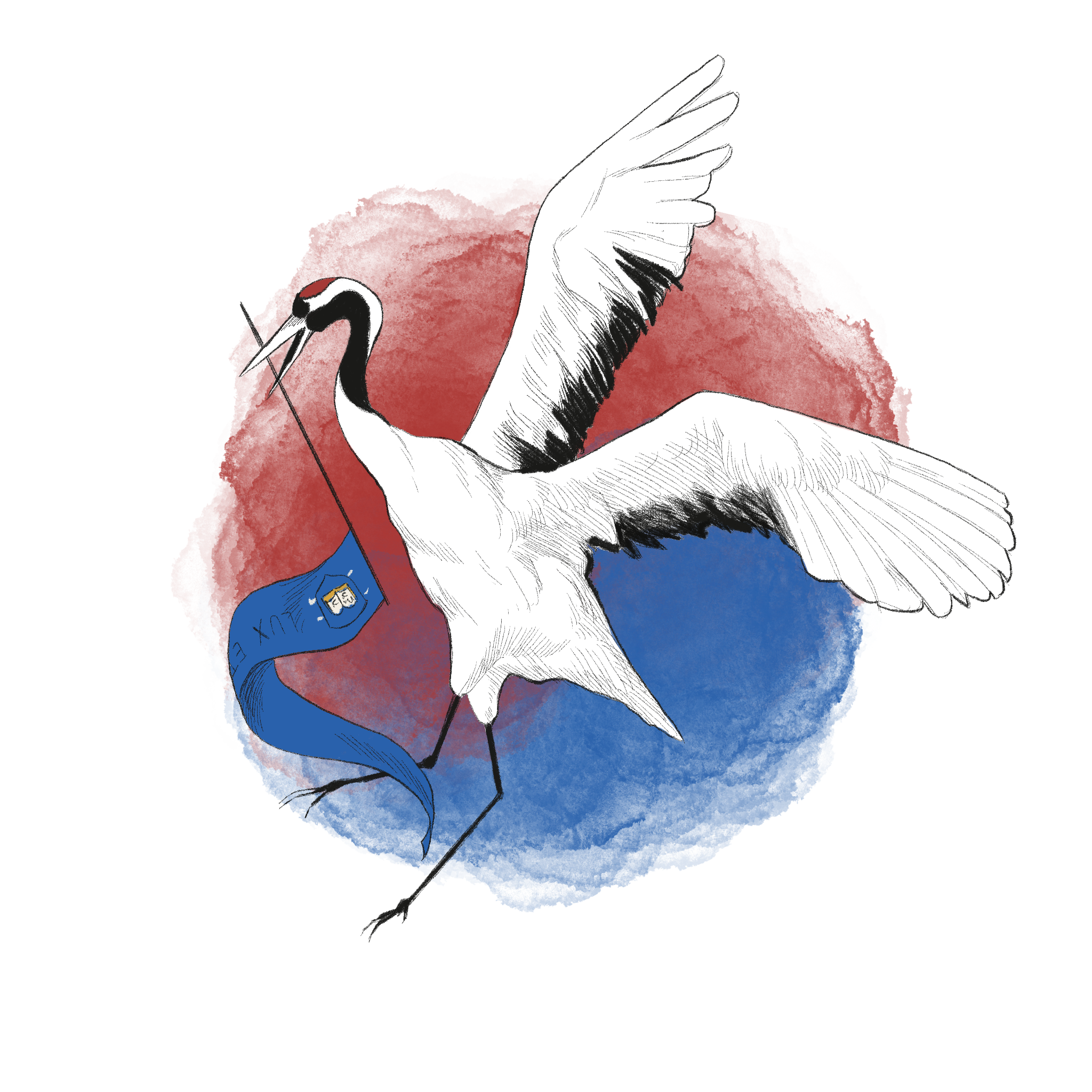“Community and initiative”: A history of Yale’s Korean Studies
The unofficial Yale Korean studies program has come a long way since its origins in 1947

Illustration by Cecilia Lee
Every semester, when course registration comes around, Yalies scramble to secure seats in the few nonlanguage courses centered around Korea and Korean studies.
Yale offered its first course related to Korean studies — a language course — in 1947. The University’s original Korean language program was disbanded in 1965 as a result of declining enrollment and support, but in 1990 the program was revived after years of lobbying from the organization Korean American Students at Yale. The field has since enjoyed large interest from students, and the Korean studies program is looking to continue expanding to provide as many opportunities for students as possible.
“I think of it as both a community and an initiative,” John Grisafi GRD ’25, a third-year doctoral student focusing on Asian Religions, said. “It’s a community in that we have various people in different roles who are involved in Korean studies. It’s an initiative that has active work on expanding and growing the program beyond what it’s been.”
Professors Samuel Martin and Seungja Choi GRD ’00 taught the first Korean language courses when the program was revived in the fall of 1990. Since then, the University has hired more language instructors, as well as a Korean studies librarian, as the program has grown.
Professor Hwansoo Kim, who joined the University in 2018, is the only Korean professor at Yale who focuses primarily on nonlanguage Korean studies. Grisafi said Kim plays an integral part in leading the Korean studies program.
In the fall 2021 semester, Kim and Grisafi — who is a teaching fellow for Kim — had to request to switch classrooms to accommodate the large number of students that expressed interest in their course. Oftentimes with Kim’s courses, there are more students interested than seats available.
“My dilemma is, in order to keep the quality of my classes, I need to keep the courses to a certain cap,” Kim said. “But at the same time, I feel like I should invite as many students as I can so that they can take Korean courses.”
Because Kim teaches two courses per semester, along with advising senior theses, he stated that new hires who focus their studies on Korea are extremely crucial for the program’s wellbeing. Kim indicated that there are ongoing discussions and efforts to hire a new Korean studies faculty member and that he is optimistic that this will take place within the next few years.
These sentiments were echoed by Daniel Botsman, a history professor at Yale focusing on 19th century Japan.
“In the coming years, we very much hope that more Korea specialists will be appointed, including in fields such as media studies and literature,” Botsman said. “Professor Aaron Gerow, current chair of the East Asian Languages and Literature Department, has been working hard to ensure that can happen. Under professor Kim’s leadership, the Council on East Asian Studies has also been working to secure funds to support Korean Studies at Yale.”
Both Kim and Grisafi emphasized the support that has come from their colleagues in the Chinese and Japanese studies communities, as well as from the University. The Korean studies community is made up of more than those associated with specifically Korea, they said, and the community spans film studies, religious studies and the studies of other East Asian countries.
Grisafi said that the Korean studies program is expanding in part by having professors who do not focus on Korea themselves begin incorporating elements of Korean culture into their courses. He specifically pointed to professor Grace Kao, who focuses on Asian American and sociology studies and teaches a course called “Race and Place in British New Wave, K-Pop, and Beyond.”
Grisafi recognized that many students are particularly interested in Korean popular culture and said he hopes that the program will be able to appeal to that interest with courses or a potential long-term faculty hire. Future efforts will also include collaborating with other institutions at Yale, such as the Jackson Institute for Global Affairs, in bringing speakers who can speak to Korea’s role in the world.
Grisafi also hopes to increase lines of communication between Korean student groups on campus, from social groups such as Korean American Students at Yale to more topic-related groups such as There’s Hope in North Korea and Hangarak.
The only nonlanguage course focused primarily on Korea being offered during the fall 2022 semester is titled “Global Korean Cinema” and will be taught by a visiting scholar.







